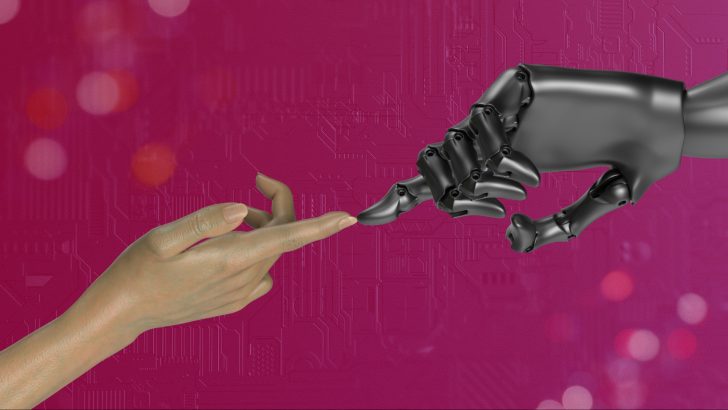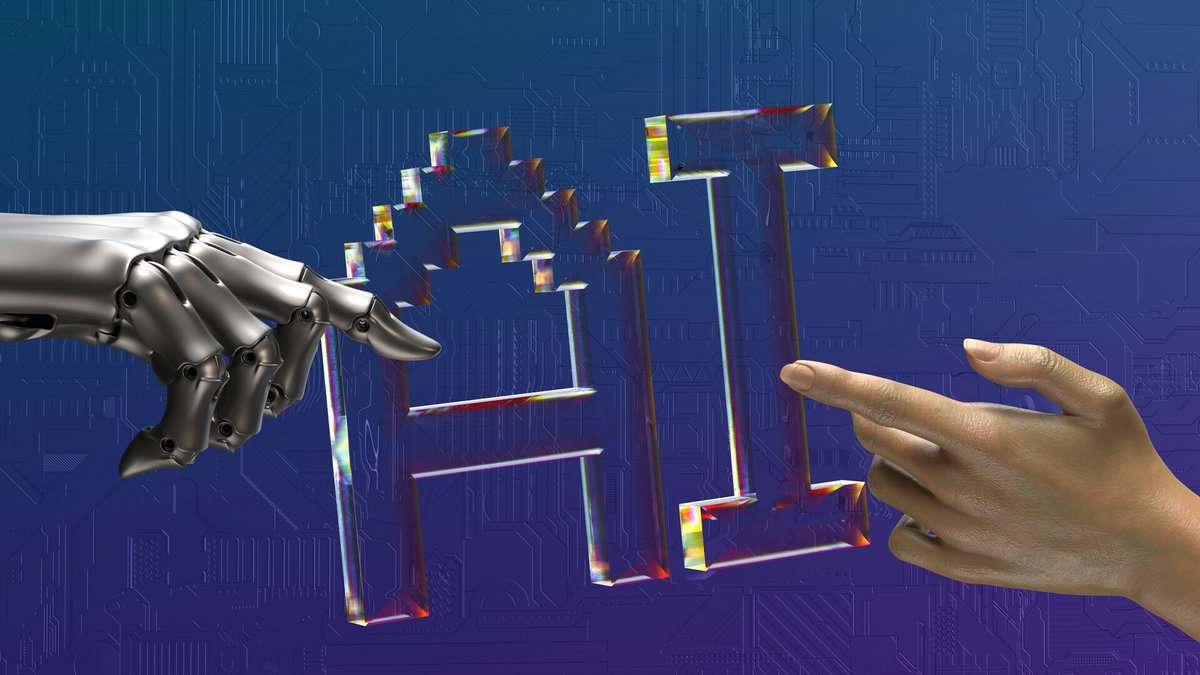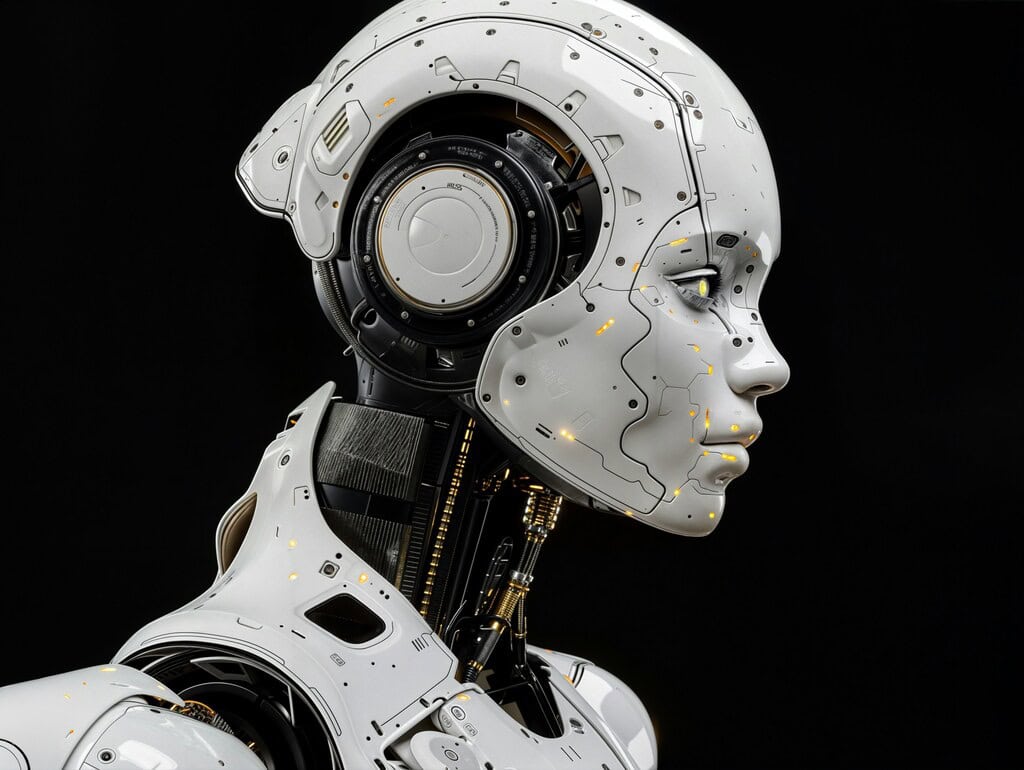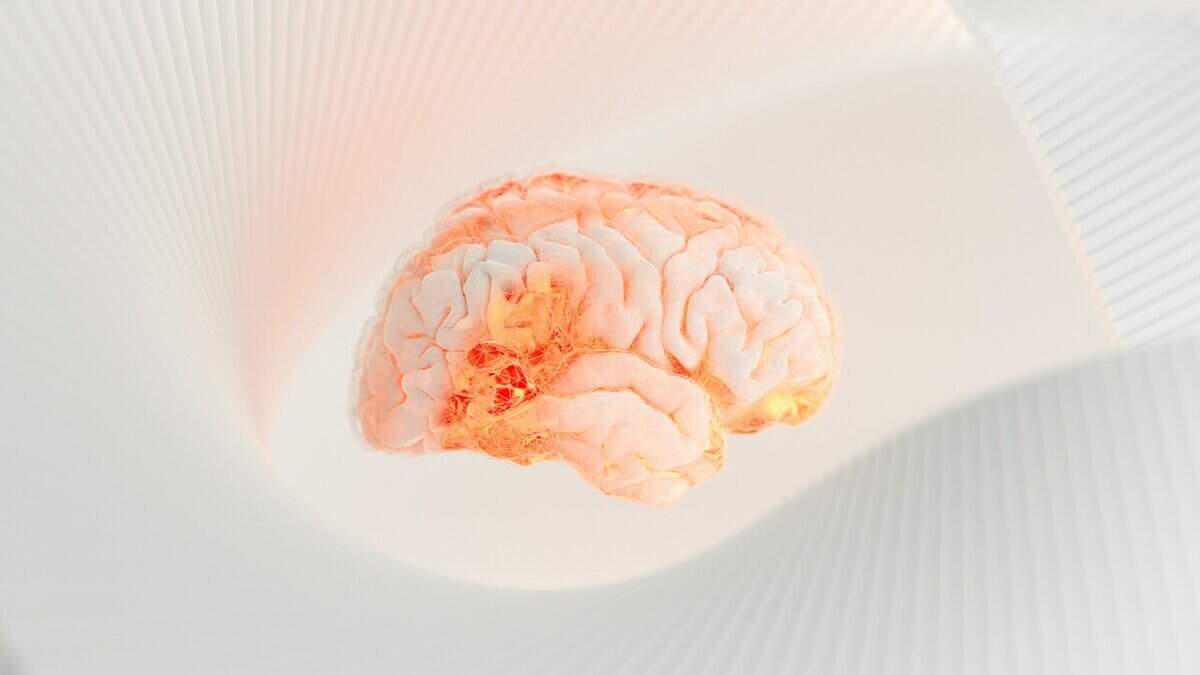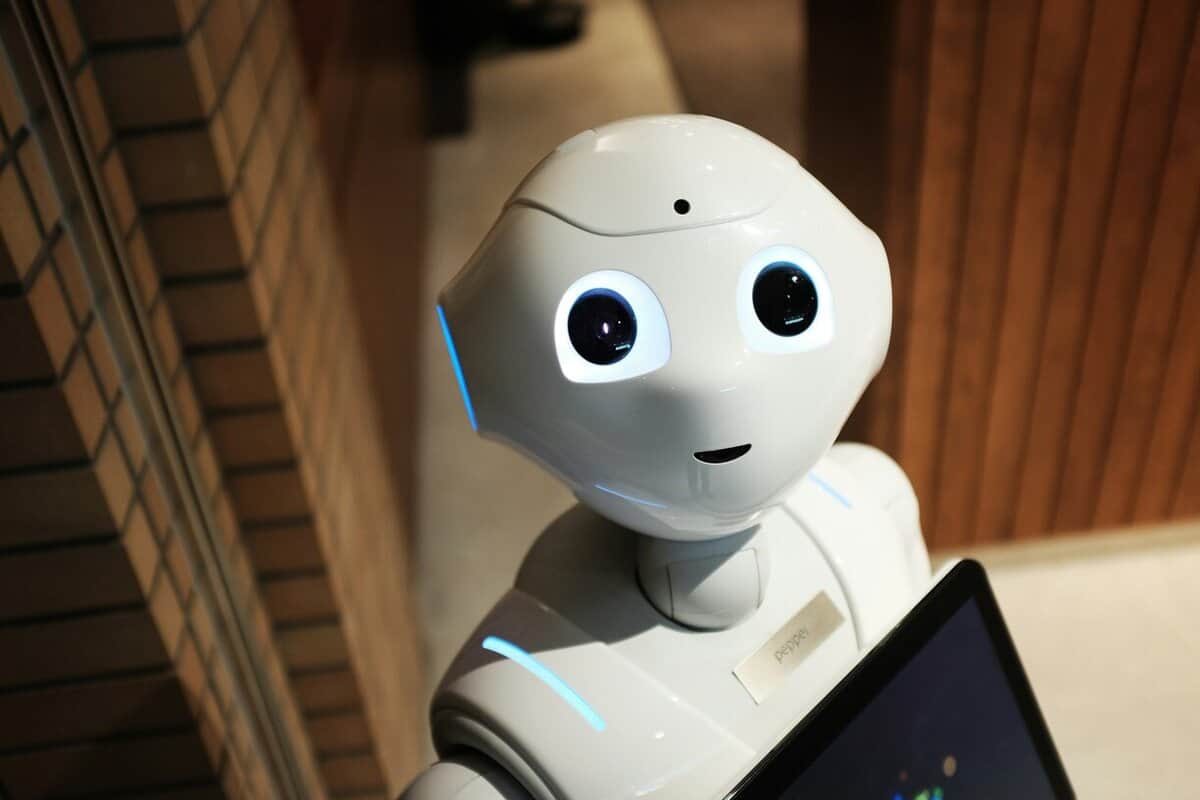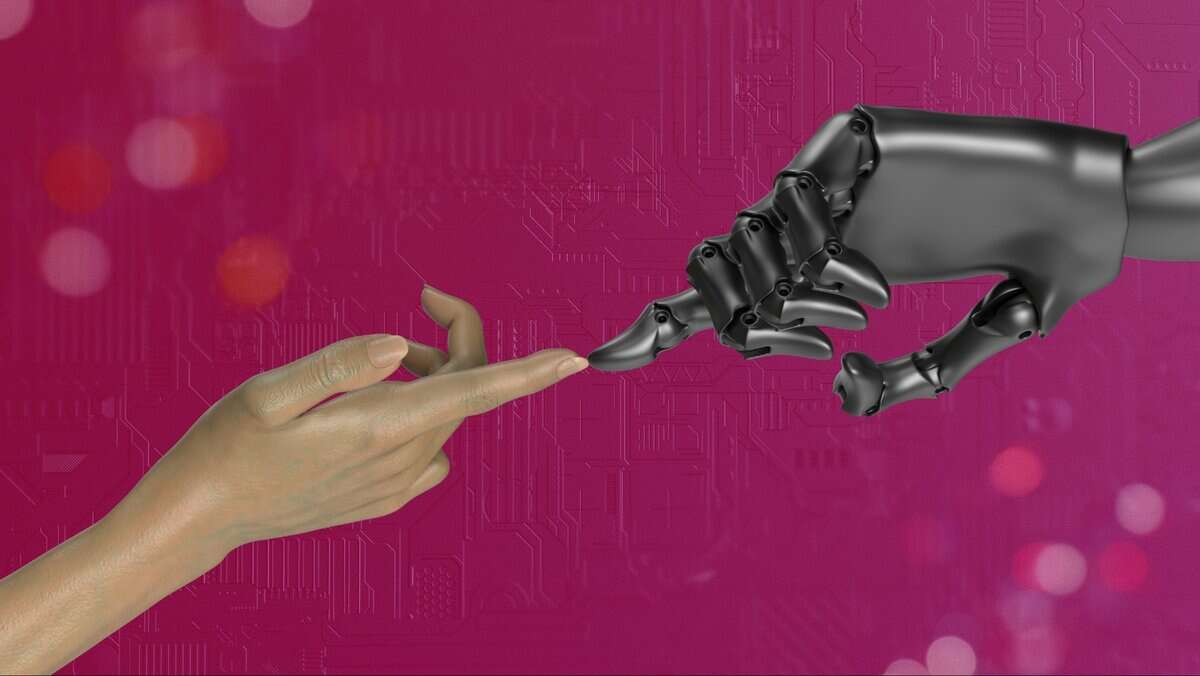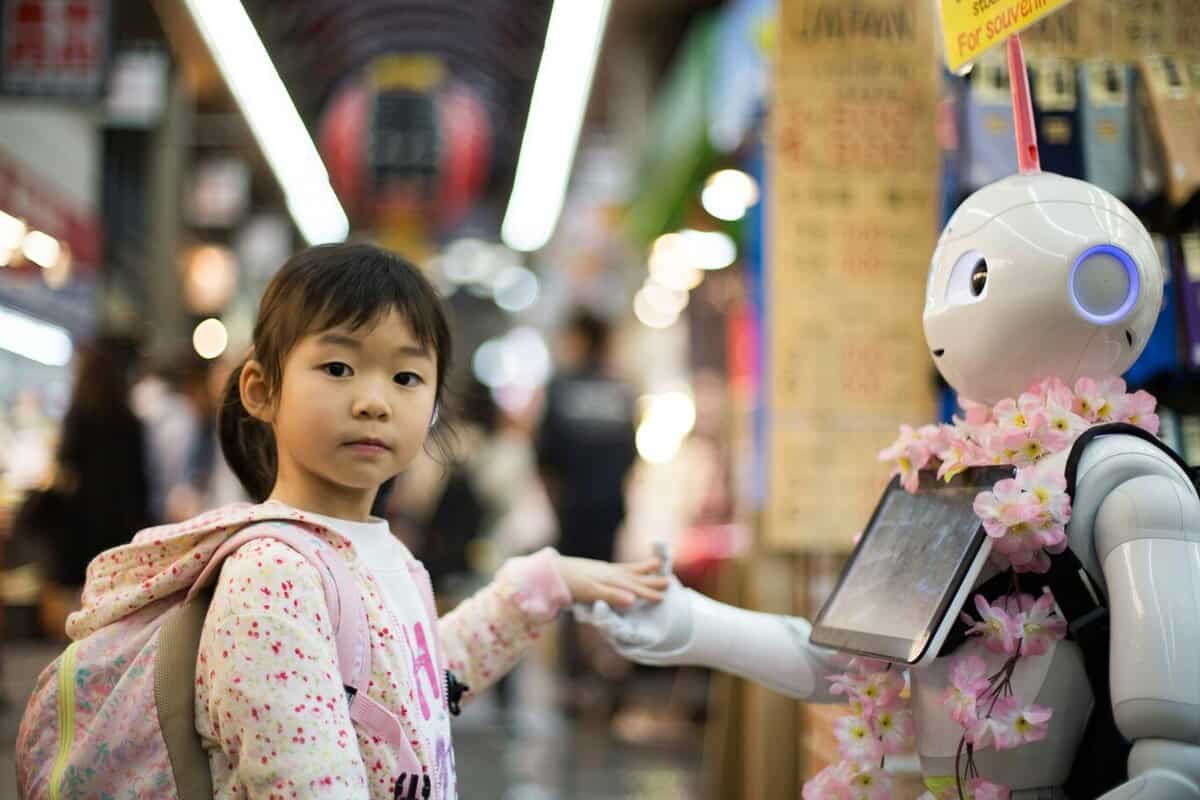It’s not a groundbreaking thing to say that AI technology is everywhere. It’s changed the way we work, research, and even the way some of us create art.
But one of the most troubling trends is how AI is sneaking into our social lives.
From AI dating apps to virtual companions, it feels like we’re losing touch with real human connection.
Instead of cultivating actual relationships that require our presence and work, many people turn to bots that are always available.
Let’s break down why this is a legitimate reason for worry!
1. Fake Comfort Is Replacing Actual Human Connection
AI apps promise to be there whenever you need someone, but that’s the problem – AI is not a someone, it’s a something.
People often turn to these bots when they’re lonely, anxious, or just bored; but many don’t realize that what they’re getting are just generic, programmed responses.
Relying on AI for comfort means avoiding real socialization with friends and family, which only makes you feel more isolated.
Over time, it becomes easier to talk to a screen than to a fellow human!
Genuine connection involves vulnerability and real empathy, which no machine can provide.
2. It Encourages Parasocial Relationships
Parasocial relationships are one-sided bonds we develop with celebrities, influencers, or fictional characters.
Now, AI apps are taking this to a new level; they let you have a relationship with a virtual companion who’s always available.
E' seriously addictive, and it’s dangerously easy to get attached to these bots because they can be tailored to your exact preferences.
And this only feeds into loneliness! It only makes you even less motivated to seek out real friendships or romantic relationships.
When your emotional needs can be met by a chatbot, you’re less likely to put effort into building genuine human relationships.
That’s a huge step back for emotional growth.
3. It Encourages Avoiding Human Emotions and Difficulty
And the saddest part? AI apps are marketed as a way to avoid bothering friends and family with your problems.
There are ads suggesting you talk to an AI companion instead of “trauma dumping” on your loved ones!
It’s a cop-out that prevents you from processing real feelings with real people.
Bottling up emotions and turning to bots for comfort can deepen mental health issues. Think about it – you’re essentially acting like Robinson Crusoe with his imaginary ball friend!
Human connection involves empathy, understanding, and even tough conversations at times.
We are at risk of making ourselves socially and emotionally stunted.
4. It’s Creating a Generation That Doesn’t Know How to Socialize
Children and teenagers are growing up in a world where AI companions are just a tap away.
Many are learning that talking to a machine is normal, which can distort their understanding of healthy relationships.
And if parents don’t intervene, they might easily get used to having superficial conversations with bots instead of building resilience and social skills through real interactions.
This can affect their ability to handle complex emotions, navigate conflicts, and develop empathy.
In the long run, it’s the recipe for a generation that chooses digital comfort over genuine human contact.
5. It Devalues Authentic Human Relationships
When AI apps become a go-to solution for companionship, it subtly devalues real human relationships.
Why bother investing in friendships or romantic relationships when AI is always there, and it never challenges or judges you?
This can lead to a cycle of emotional dependency on technology, and we have seen real-life examples of this.
Human socialization involves give-and-take, compromise, and emotional risk; none of these can be replicated by a chatbot.
Over time, this can make authentic human bonds seem less meaningful, further isolating people and deepening the loneliness epidemic.
6. It Distracts from Addressing Actual Problems
Instead of tackling issues like mental health, loneliness, or helping their communities, many people are retreating into AI worlds.
It’s easier to escape into a virtual universe than to face real-world problems.
And while these social apps can provide temporary relief, they don’t address the root causes of loneliness and depression.
By prioritizing AI companionship, we risk ignoring the importance of community, support systems, and real human empathy.
This distraction can only make our problems worse, as people become more and more disconnected from reality and each other.
7. It Sets a Troubling Example for Future Generations
Kids and teenagers growing up in this era might see socializing with AI as normal or even ideal!
They might grow up thinking that digital companionship can replace real friends, love, or family.
This distorted view can influence the development of loro intelligenza emotiva and social skills.
If they don’t learn how to connect authentically, it could lead to a future filled with loneliness, misunderstandings, and emotional numbness.
A little Aquarius, devoted to writing and embroidery. Through my writing, I hope to empower readers to align with their true selves and navigate life’s mysteries with confidence.

